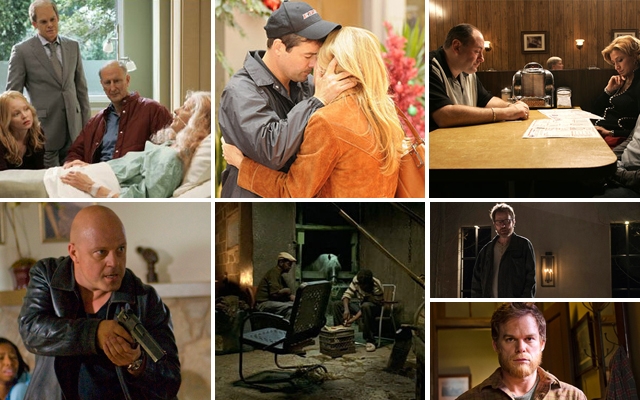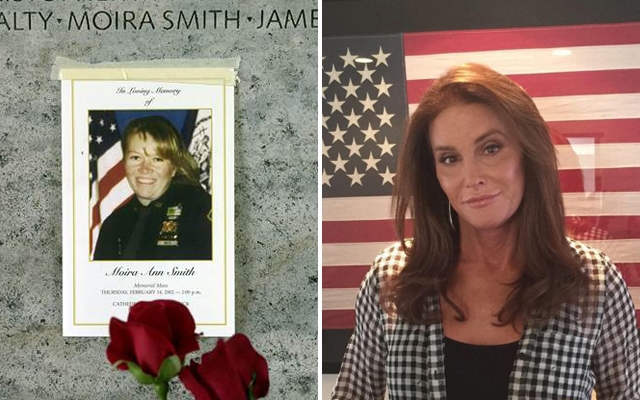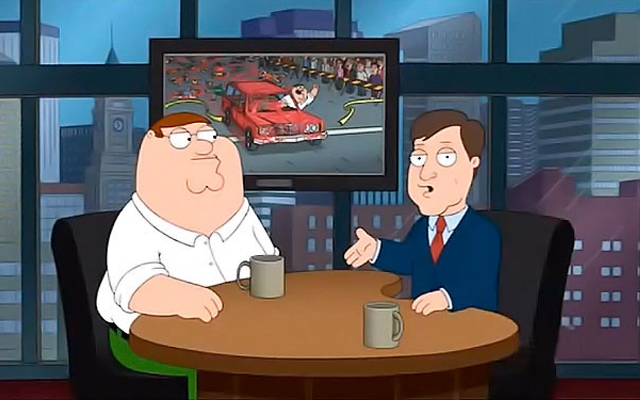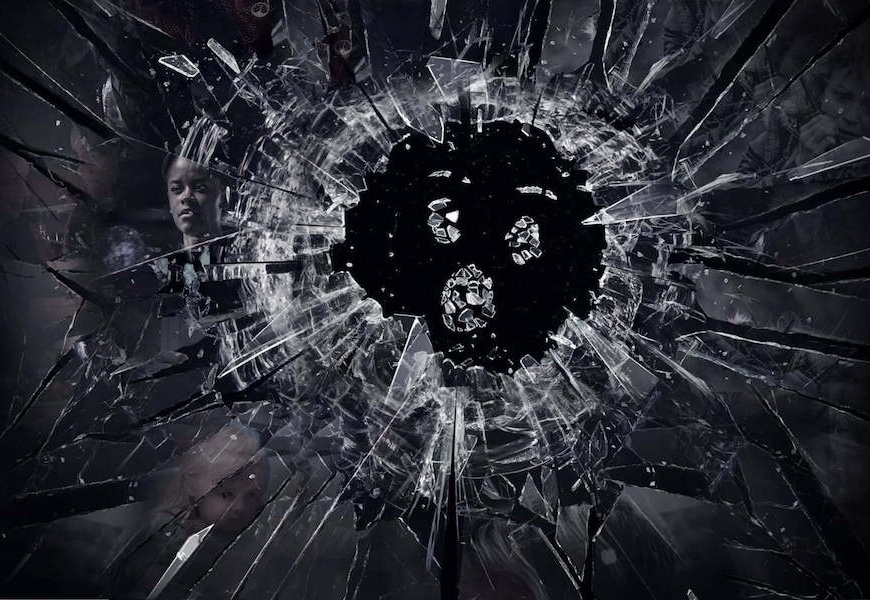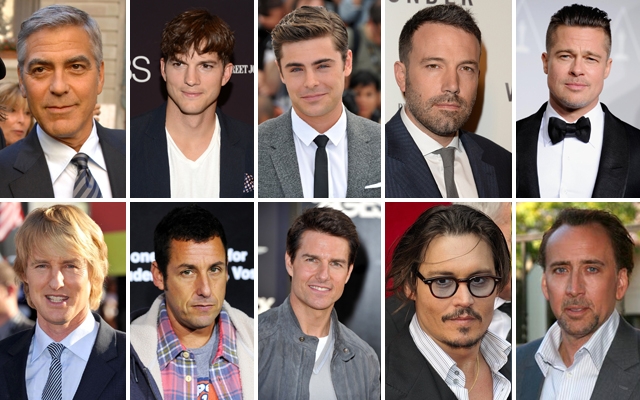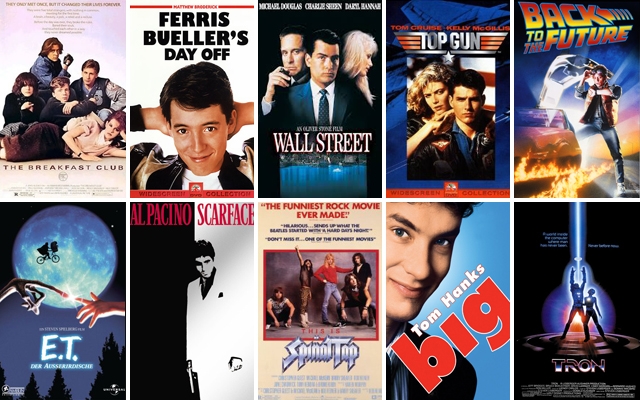WARNING: Many spoilers ahead
The perfect series finale walks a fine line between giving the audience closure on their favourite characters and reminding us that we aren’t the focus of those characters’ lives—even if we aren’t able to check in with them each week, their lives don’t just stop. Unless they have to, that is.
Last week’s Dexter finale attempted to walk that line, showing Dexter sending his son and the love of his life off to live in South America before giving his sister Deb a burial at sea, then faking his death and reclaiming his anonymity as a logger. But the whole final season felt like the last week of senior year—everyone showed up, but without any creative imperative they just went through the motions until it was over and they could move on. The ending felt forced, like the writers had to come up with something but didn’t care about making it fit the characters or the arc of the series—if Dexter had sailed into the storm and never returned, atoning for the ultimate sin of indirectly causing Deb’s death, it would have felt like a more fitting ode to the most important relationship in the series.
On the other hand, Breaking Bad’s final season—both parts of it—have been masterful in fully fleshing out Walt’s progression from meek family man to cold-blooded criminal, and how it has affected his relationships. Last night’s finale was a conclusion all fans of the series can find satisfying, a tying up of loose ends in dramatic fashion, all debts paid and all accounts settled. It wasn’t revolutionary in the way the rest of the series was, but the finale didn’t need revolutionary, it needed an ending tailored to Walt’s evil progression that also reminded us he’s still human.
With that in mind, here are five series finales to which Breaking Bad will always be compared:
Six Feet Under (HBO)
The standard to which all cable dramas should aspire, at least when it comes to its series finale, the Fishers of Six Feet Under were given the kind of warm sendoff we should all hope for. It was groundbreaking in that it showed us everything that we would miss after their story was over for us—we actually got to see where each of their lives ends. It’s touching and emotional, the perfect payoff for a show about family and finality.
Friday Night Lights (NBC/The 101 Network)
So maybe it’s not strictly a cable series—NBC was involved in all five seasons, but the aired on DirecTV’s 101 Network months before the peacock gave them any screen time. Still, Friday Night Lights always had that “cable drama” feel, with its careful pacing, organic character development and boldness in crippling one of its heroes in the first episode, before we’d had a chance to know him, let alone love him.
The show always had a romantic sheen, but its characters faced real, realistic consequences. And the finale confirmed that they’d keep on living and growing and struggling, but reassured us that everyone, in the end, would be OK.
The Sopranos (HBO)
Tony and his families—the biological one and the figurative one—had one of the most talked-about, most controversial finales in TV history. In a series where everyone was fair game to get whacked at any moment, most of us expected a much more violent ending. But what we got—such an abrupt cliffhanger that some viewers thought their cable had gone out—was so much more satisfying. We had seen so many gruesome murders on the show that when Tony’s time ended not with a bang, but with…nothing…it really felt like something more important, more personal than just another mob hit.
The Shield (FX)
Michael Chiklis’ rogue cop Vic Mackey was like a feral cat: he could make nice with his fellow felines when he needed to, but he belonged out in the wild, scratching and clawing to survive each day. But Vic picked too many fights, bit too many hands, and in the end was neutered with a desk job. He got exactly what was coming to him, but Shane—and more importantly, Shane’s family? Their fate was an even bigger shock, the kind of closure that no TV fan was hoping for.
The Wire (HBO)
The war on drugs is one that’ll never be won by either side, so why would we think McNulty and Co., or the dealers they chase, or the addicts, or the community at large would find peace? Some of the major characters escaped of the battle, one way or another, but just as soon as they were gone they were replaced—it was never their war after all, they were just the soldiers, used and worn out and discarded for fresh blood.

